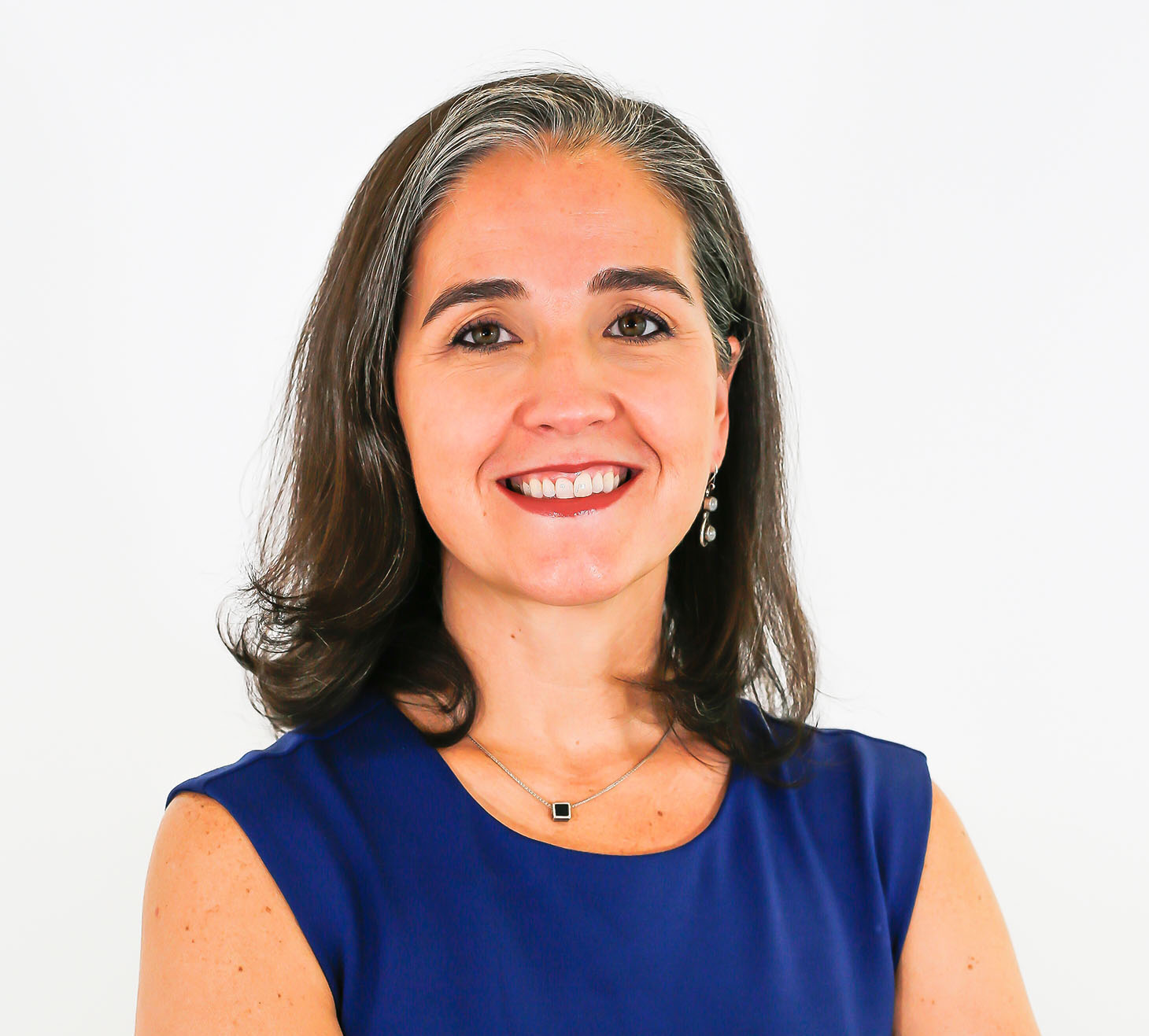

9:00 am EDT - 10:00 am EDT
Past Event
Measuring the impact of collaborative research and action in education is essential for sustaining its long-term contribution to systems change. But how do we define impact in collaborative efforts? What does it look like at the local, regional, and global levels? And how can we ensure that impact is sustained over time?
On March 27, members of the Knowing-Doing Network from around the world explored the “what,” “why,” and “how” of measuring and sustaining impact in collaborative research and action initiatives. Through contextual examples and reflections from their own work, participants shared insights and lessons learned on strategies for measuring and sustaining impact.
Participants also delved into some of the challenges that come with impact measurement—particularly when working in diverse, cross-cultural contexts—and explore approaches that are both participatory and inclusive. They discussed strategies for embedding sustainability into the fabric of our collaborative initiatives, ensuring that they continue to drive change long after the project ends.
Viewers submitted questions via email to [email protected] and via X/Twitter @BrookingsGlobal using #KnowingDoing.
This event is part of the five-part series Collaboration Conversations on power, localization, and education systems transformation.

Moderator


Moderator



Armene Modi, Bhawana Shrestha, Jamila Razzaq, Jennifer L. O’Donoghue, Mary Otieno, Nasrin Siddiqa, Samaya Mansour, Sumbal Naveed, Urvashi Sahni
March 7, 2025
John W. McArthur, Zia Khan, Jacob Taylor, Clea McElwain
March 3, 2025
2025
Online only
Tuesday, 8:00 am - 9:30 am EDT